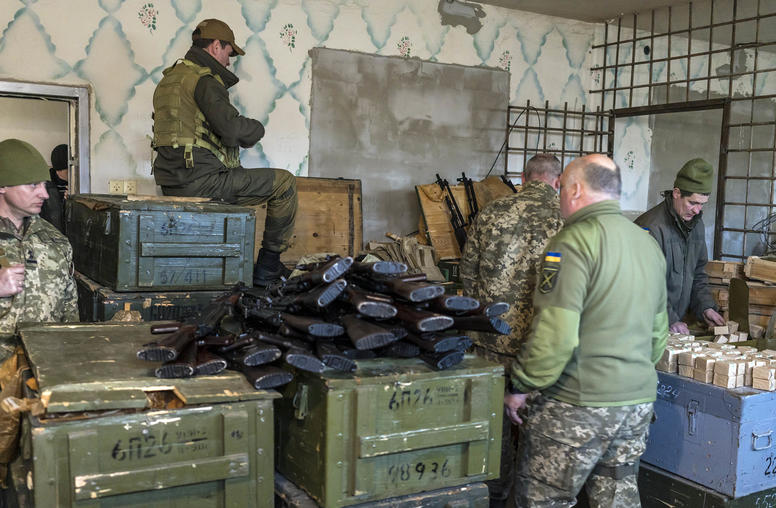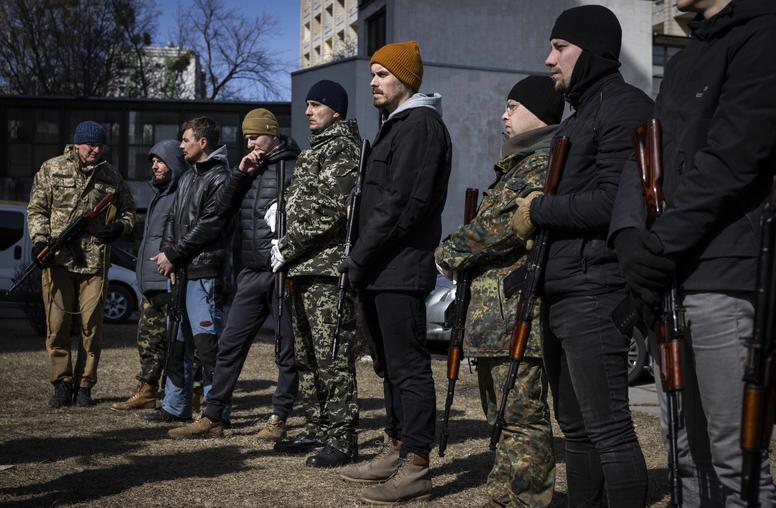Calin Trenkov-Wermuth, Ph.D.
Contact
Please submit all media inquiries to interviews@usip.org or call 202.429.3869.
For all other inquiries, please call 202.457.1700
Dr. Calin Trenkov-Wermuth is the security governance advisor at the U.S. Institute of Peace, where his work focuses on security sector governance and reform. He serves as the Executive Secretary of USIP’s Working Group on Elite Capture and Corruption of Security Sectors. He has over 15 years of professional experience in international affairs, including as a policy advisor and political affairs officer in international organizations, as a researcher at think tanks, and as an academic at universities and colleges in the United States and Europe
Prior to joining USIP, Dr. Trenkov-Wermuth worked at the U.N. Office of Counter-Terrorism, where he was the lead author of the United Nations Global Counter-Terrorism Coordination Compact. He has also worked in the Office of Rule of Law and Security Institutions at the U.N. Department of Peacekeeping Operations.
Dr. Trenkov-Wermuth has taught international politics at Cambridge University, Columbia University, West Point, NYU, Adelphi University, Hamilton College, Baruch College, and Bard College. Dr. Trenkov-Wermuth was also a visiting fellow at the Norwegian Nobel Institute and the EU Institute for Security Studies, as well as a TAPIR fellow at the RAND Corporation and the Finnish Institute of International Affairs. He started his career at the U.N.’s political affairs department and has also served in the NATO Parliamentary Assembly.
Dr. Trenkov-Wermuth holds a master’s and doctorate in international relations from the University of Cambridge and a bachelor’s in world politics from Hamilton College.
He is the author of “United Nations Justice: Legal and Judicial Reform in Governance Operations” and co-author of “NATO and the Challenges of Austerity” and “Overcoming Obstacles to Peace: Local Factors in Nation-Building.” His work has been published in a range of journals and policy-oriented publications, including Foreign Affairs and Washington Post/Newsweek.




